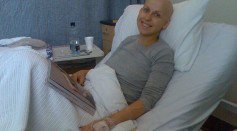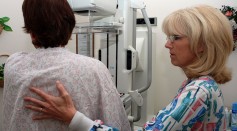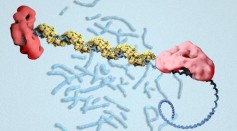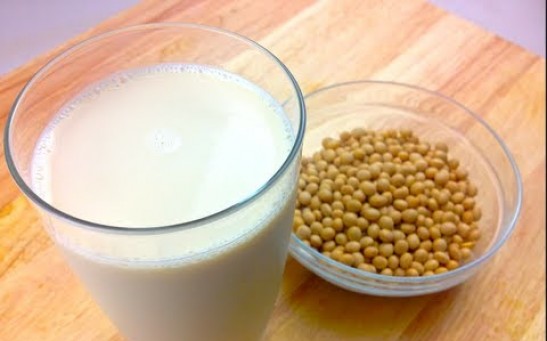breast cancer

Mediterranean Diet Cuts Off The Risk Of Fatal Breast Cancer

Two chemical compounds have been found effective in slowing brain cancer cells

Progesterone could help slow down breast cancers, study suggests

Screening mammograms don't prevent breast cancer deaths, study finds
Breast Cancer Could Be “Stopped in its Tracks” by a New Technique
Boning Up Against Breast Cancer: How It Can Alter Its Structure to Help It Spread

Extra Exams May Only Benefit Some Women with Dense Breasts

The Importance of Knowing Your Genetic Code—BRCA and Your Link to Breast Cancer
Breastfeeding Reduces the Risk of Breast Cancer
Removal of Ovaries Can Decrease Breast Cancer Death in Women

Coffee May Actually Fight Breast Cancer
Could Sleeping More While Fasting Overnight Prevent You From Developing Breast Cancer?
Breast Cancer Predicted to Rise by 50 Percent
Pfizer Announces IBRANCE Clinical Trials Ended Early In Light of Promising News
Most Popular

How Technology Is Changing the Real Estate Industry?

Nikolay Karpenko Biography, Photo, Career, Accomplishments

How a Plant-Based Diet Can Protect Against Breast Cancer: Insights from Nutrition Research

The Role of AI in the Next Generation of Logistics: Insights from Tobias Waldhecker






